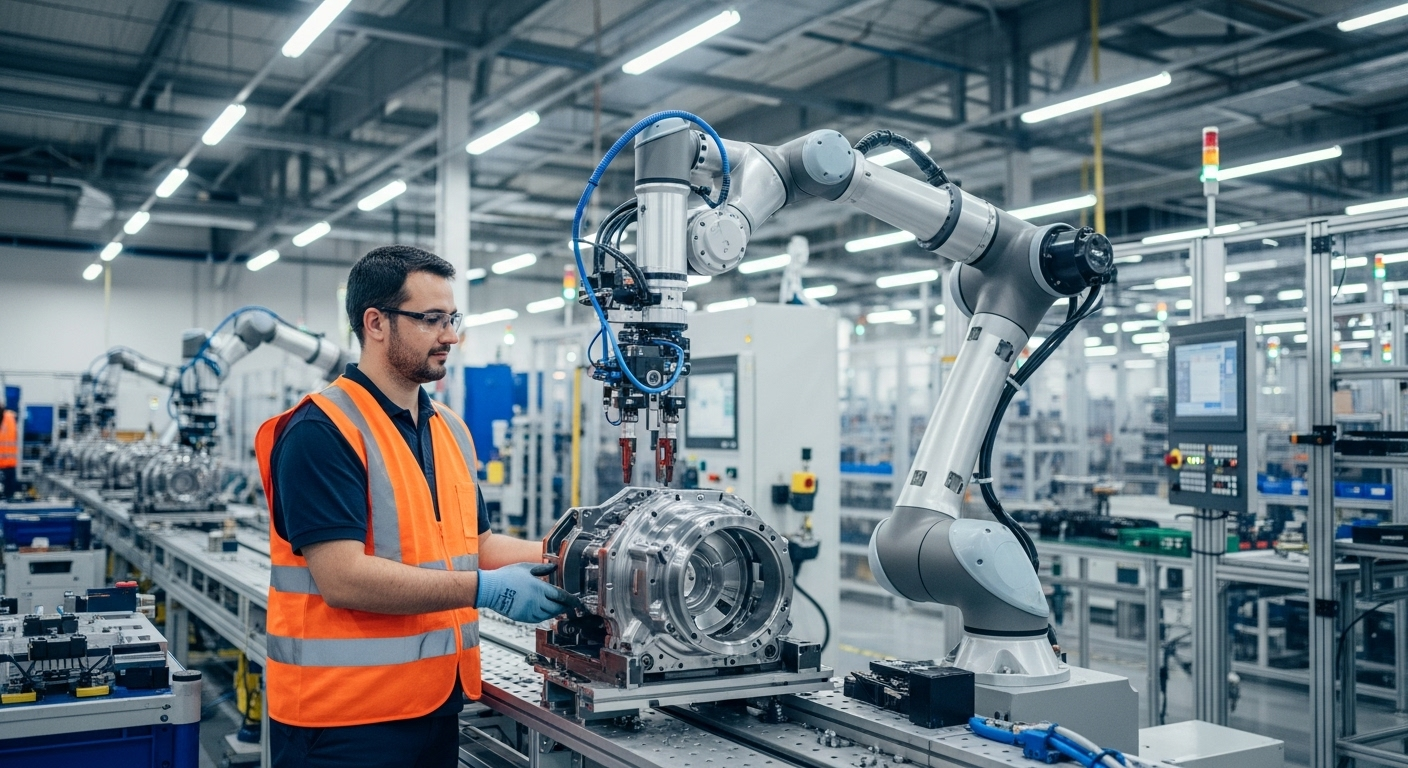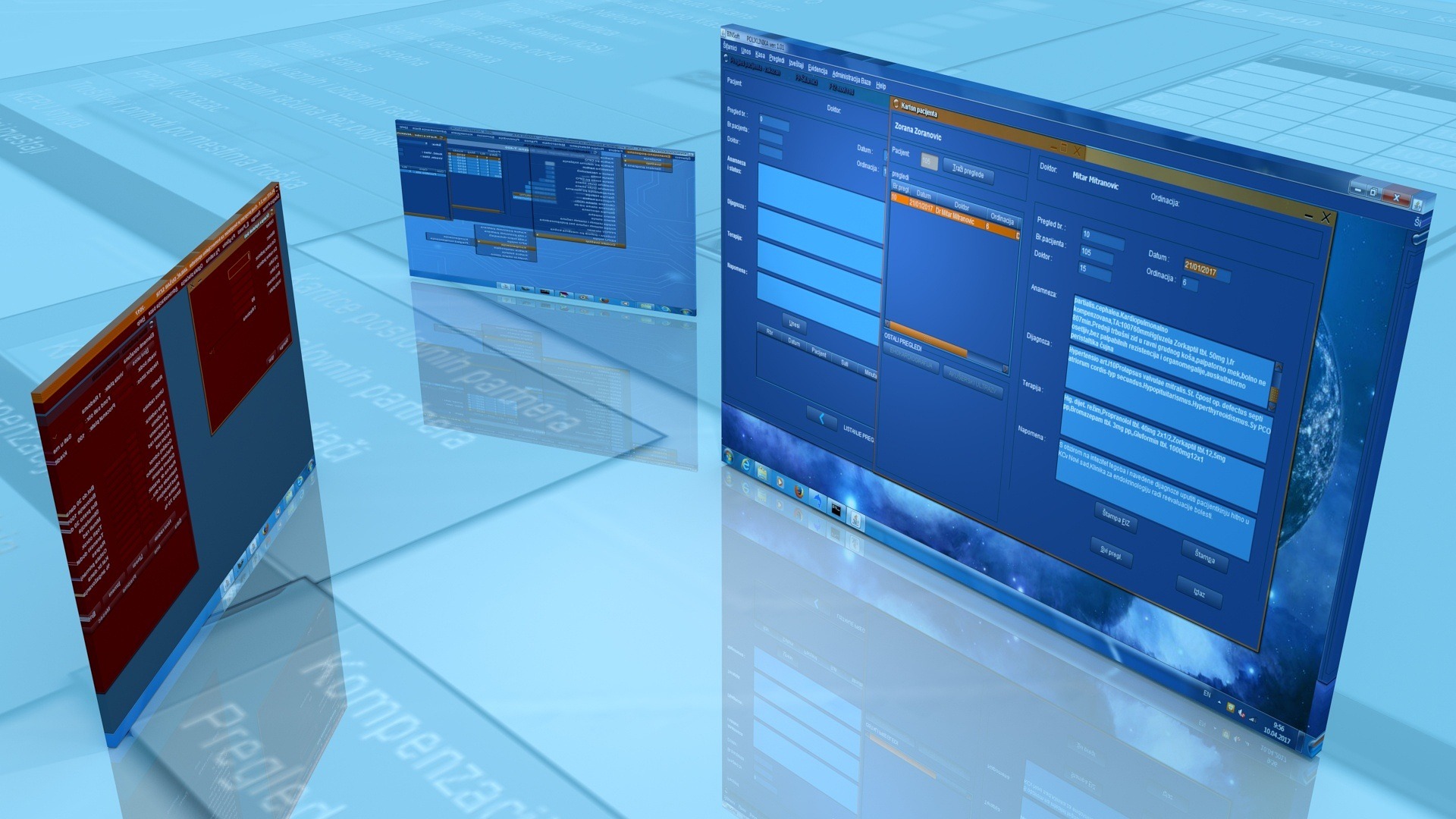Explore the Latest in Packaging Machinery for Modern Businesses
Looking to streamline your production line? Discover cutting-edge packaging machinery that enhances efficiency, reduces costs, and meets the demands of modern manufacturing. From automated sealers to advanced labeling systems — find the right solution for your business today.

What Are Automated Packaging Systems and Their Benefits?
Automated packaging systems represent the pinnacle of modern packaging technology, integrating multiple processes into seamless workflows. These comprehensive solutions combine filling, sealing, labeling, and quality control functions into single units that require minimal human intervention. The primary advantages include consistent packaging quality, reduced labor costs, and significantly higher throughput rates compared to manual operations.
Modern automated systems incorporate sensors, programmable logic controllers, and user-friendly interfaces that allow operators to adjust parameters quickly for different product specifications. Many systems feature modular designs, enabling businesses to expand capabilities as production demands grow without replacing entire machinery lines.
How Does Food Packaging Equipment Meet Industry Standards?
Food packaging equipment operates under stringent regulatory requirements, with manufacturers designing machines to meet FDA, USDA, and other relevant safety standards. These specialized systems utilize food-grade materials, sanitary designs, and easy-to-clean surfaces that prevent contamination while maintaining product integrity throughout the packaging process.
Contemporary food packaging machinery incorporates features like washdown capabilities, tool-free changeovers, and validation systems that ensure consistent performance. Advanced models include integrated quality control systems that detect package defects, weight variations, or seal integrity issues, automatically rejecting non-conforming products before they reach consumers.
Why Choose Industrial Labeling Machines for Your Operations?
Industrial labeling machines provide precision and consistency that manual labeling cannot match, applying labels with exact placement and proper adhesion every time. These systems handle various label types, from simple product identification to complex regulatory compliance labels, accommodating different substrate materials and adhesive requirements.
Modern labeling equipment features vision systems that verify label placement, content accuracy, and print quality in real-time. Many machines integrate with existing production lines through conveyor systems and communication protocols, allowing seamless data exchange with enterprise resource planning systems for inventory tracking and regulatory compliance documentation.
What Applications Work Best with Shrink Wrap Machines?
Shrink wrap machines excel in applications requiring tamper-evident packaging, weather protection, or bundling multiple items together. These versatile systems work effectively with various product shapes and sizes, from individual consumer goods to large industrial components requiring protection during storage and transportation.
Different shrink wrap technologies serve specific needs: L-bar sealers work well for flat products and books, while chamber machines handle three-dimensional items efficiently. Tunnel systems provide high-volume processing capabilities, with adjustable heat zones ensuring optimal shrink film conformity without product damage.
How Do American Manufacturers Lead Packaging Innovation?
The United States packaging machinery industry generates over $8 billion annually, with companies like Bosch Packaging, Sealed Air, and Barry-Wehmiller leading technological advancement. American manufacturers focus heavily on sustainability initiatives, developing machinery that works with biodegradable materials and reduces packaging waste through optimized designs.
Regional manufacturing clusters in states like Wisconsin, California, and North Carolina provide specialized expertise and rapid service support for packaging equipment users. Many U.S. manufacturers offer extensive training programs and technical support services, ensuring operators maximize equipment performance while maintaining safety standards.
What Are Current Market Pricing Trends for Packaging Equipment?
Packaging machinery investments vary significantly based on automation levels, production capacity, and specialized features required for specific applications. Understanding current market pricing helps businesses make informed decisions when planning equipment acquisitions or upgrades.
| Equipment Type | Price Range | Key Features | Typical ROI Period |
|---|---|---|---|
| Basic Shrink Wrap Machine | $3,000 - $15,000 | Manual loading, standard heat tunnel | 12-18 months |
| Industrial Labeling System | $25,000 - $85,000 | High-speed application, vision verification | 18-24 months |
| Automated Carton Sealer | $15,000 - $45,000 | Adjustable sizing, tape application | 15-20 months |
| Food Packaging Line | $75,000 - $300,000 | Multi-function integration, sanitary design | 24-36 months |
| Complete Automated System | $200,000 - $1,000,000+ | Full integration, custom configuration | 36-48 months |
Prices, rates, or cost estimates mentioned in this article are based on the latest available information but may change over time. Independent research is advised before making financial decisions.
Selecting the Right Carton Sealing Solutions
Carton sealing solutions range from simple manual tape dispensers to fully automated systems that adjust to various box sizes automatically. The choice depends on packaging volume, box size consistency, and desired automation level. Semi-automatic sealers offer middle-ground solutions for businesses experiencing growth but not yet ready for full automation investment.
Advanced carton sealing equipment includes features like box squaring mechanisms, which ensure proper box formation before sealing, and integrated printing capabilities for shipping labels or batch codes. Many systems accommodate different tape types and widths, providing flexibility for various packaging requirements while maintaining consistent seal quality that protects products during shipping and handling.
Modern packaging machinery continues evolving to meet changing business needs, incorporating technologies like artificial intelligence, predictive maintenance capabilities, and energy-efficient designs. Companies investing in quality packaging equipment position themselves for sustained growth while meeting increasingly demanding customer expectations for product presentation and protection. The key lies in selecting equipment that matches current needs while providing scalability for future expansion.




